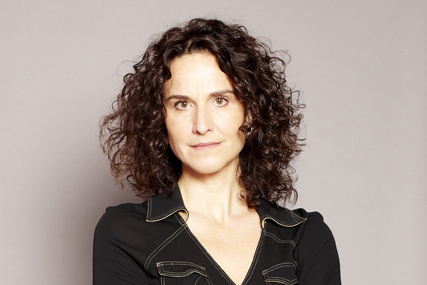Seeking to make sense of Tesco's brand extension into house-building, and perhaps to allay a creeping unease about it, some commentators have alighted on a precedent: the Cadbury and Lever company towns of the 19th century.
They are wide of the mark. Those communities were created to provide homes for employees and were born of founder paternalism. There is no lofty parallel with Tesco's plans to create communities for the buying public, featuring superstores, shops and schools. The retailer is, as ever, much more down to earth than that.
Nonetheless, Tesco does have a 19th-century predecessor: the cradle-to-grave Co-op, which was ubiquitous in the lives of ordinary people from its foundation in 1844 until it lost the plot in the mid-20th century.
At its height, the Co-op accounted for 25% of grocery sales, led in clothing and furniture retail, insured one in 10 people and offered services from banking to travel. It was the original brand extension pioneer, branching out, like Tesco, from grocery retail beginnings.
How does that work, both then and now? How can brands be so elastic? Is there something about putting food on the table, with the intimacy that engenders, that persuades people to allow the brand into other aspects of their lives?
It is more than that. Tesco's deep capability, like that of the old Co-op, isn't grocery retail. It is an understanding of ordinariness, a feel for what the everyday experience of living unremarkable lives is like, and a willingness to take a practical, unsentimental approach to helping people through the ups and downs.
For the original Co-op, that understanding was personal. Founded by 28 Rochdale flannel weavers, it provided working families with an alternative to the cheating 'Tommy shops' run by the mill owners. It knew what people ate and drank, knew they would be skint by the end of the week, knew what would happen if credit was offered - so it wasn't. Its genius was to help practically, buying in bulk, keeping costs low, and creating the 'Divi' to give money back to loyal customers.
Tesco gathers information the modern way, but translates it into the same kind of no-nonsense innovation. It was the first modern supermarket to introduce the loyalty card, realising that even in our more prosperous times, people struggle to balance the books and, well, every little helps.
Everyday life is about small victories, and Tesco knows it. No 'beacon branding' here, no blandishments to 'try something new today'. Instead, it is an ally in unambitious life-journeys, providing small but welcome improvements in credit cards, service stations, mobile phones, clothes and homes.
These Tesco communities will work. They will be bland and liveable and devoid of flashy gestures. They will be affordable. They will be liked by the people who live in them and criticised by many who don't.
Tesco-bashing won't stop there. A growing concern is that they will soon hold more information on people than the government. Yet, who would you prefer to hold it? Tesco, or politicians like Gordon Brown, with his withering disdain for an ordinary citizen in, of all places, Rochdale?
As for those whose lament is, 'what next?', the old Co-op could provide a clue. In its heyday the Co-op buried one in four people. Perhaps we can all look forward to Tesco Funerals: practical, affordable, unremarkable. Dying, like everything else, will be nothing out of the ordinary.
Helen Edwards has a PhD in marketing, an MBA from London Business School and is a partner at Passionbrand, where she works with some of the world's biggest brands.
30 SECONDS ON ... Tesco's reach into everyday life
- 15m people in the UK are Tesco Clubcard holders - more than one in three of the adult population.
- 30% of UK homes have either a cat or dog. Tesco insures 2m of them.
- Tesco is the market-leader in boys' schoolwear, and it's not hard to see why: its school trousers are non-iron, stain-resistant and £3.50 a pair. In January this year it announced an embroidery service for bespoke uniforms.
- This March Tesco launched a solar-electricity and hot-water service, offering customers the chance to own their electricity generation and cut bills, or even sell some of the electricity on.
- The NHS abolished free eye tests in 1988. In February this year Tesco reinstated them, launching a universal free eye-test service and prescription glasses for £10. The RNIB estimates that 2m people in the UK risk losing their sight through treatable eye conditions.
- Tesco's £30 cashmere jumpers and cardigans caused a stir when launched and quickly sold out.


